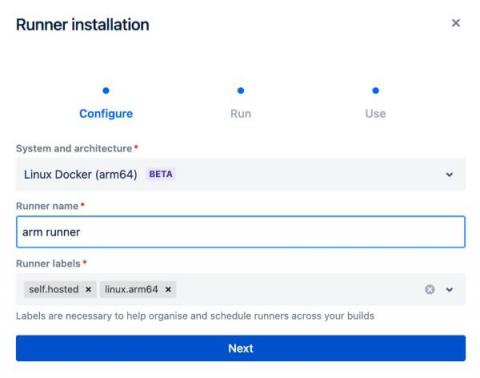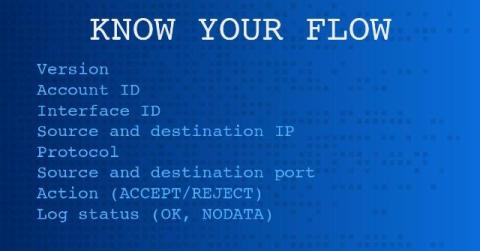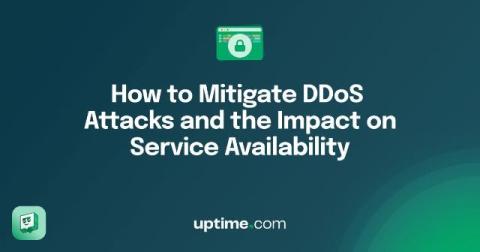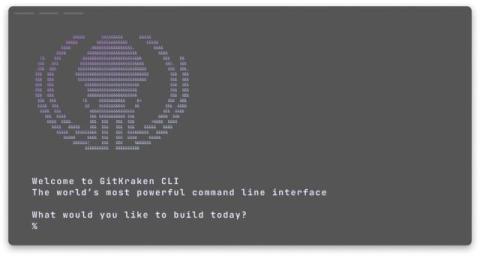The Art of the Possible: Drawing Up Your DEX Strategy
Digital Employee Experience (DEX) is more than just technology—it's a transformative journey. In this first episode of our series, Emily Schlick (Vizient) and Zakir Mohammed (Toyota) share their strategies and lessons from their first year of DEX implementation. Learn how they: Built a strong DEX strategy Empowered people and processes Partnered with Nexthink to drive success Whether you're starting your DEX journey or looking to level up, this episode is packed with actionable insights to help your organization thrive.











